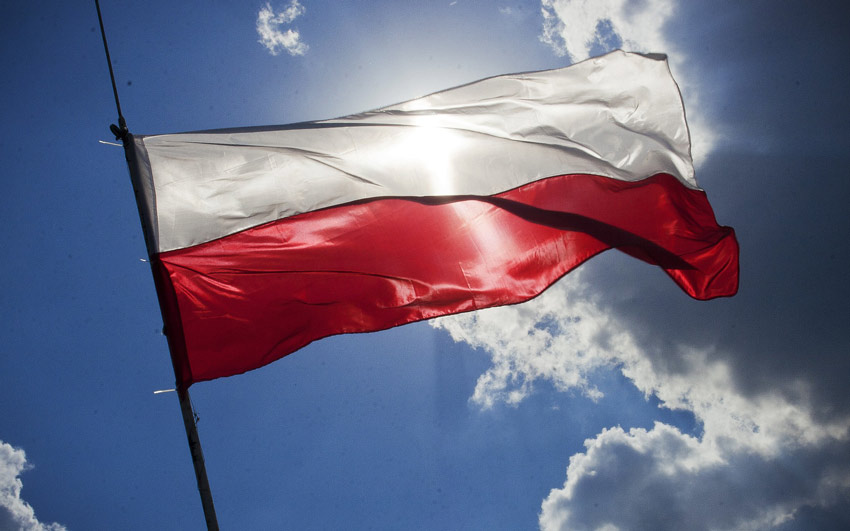Poland’s Independence Day – commemorating the country’s regained inde-pendence on 11th November 1918 after 123 years of partitions and rule by Russia, Prussia and Austria – is one of the most important national holidays in Poland. The state holiday was formally introduced in 1937, but soon after it was banned because of the second World War and the communist regime. In 1989 it was finally reintroduced. For many Poles it is a day to reflect on their country’s history and an opportunity to express their patriotic sentiment. For this issue, we asked a Polish for her personal view on Indepedence Day in Poland.
William Wallace, a Scottish rebel against the English (or rather – Mel Gibson in the Braveheart movie) claimed his “freeeedoooooom” and he really meant that. His words were the mixture of determination and anger toward unfairness and suffering of his beloved country. Toward captivity and passiveness of its people. The Scots craved for their freedom. And this word, uttered by Wallace/Gibson, has become one of the most memo-rable movie quotes of all time.
And memorable was the question I was once asked by my Dutch friend. We were having a compelling conver-sation about various culture “rituals” in our countries; you know – one of these conversations in which people start to barrack one another, coming up with new ideas all the time, showing that THEIR country is soooo interesting. And then came the question: “How do you celebrate the Independence Day in Poland?” Before I was given the opportunity to answer that, I had had to listen to the long story about how cheerful it was in the Netherlands, how orange the streets were (it’s their national color), how the Dutch cele-bration resembled a huge party from American movies about college life. So, what about us, the Polish?
The feeling of being a free citizen in a free country is a profound one. Polish people are taught to be proud of it. At school we learn the histori-cal facts. 11.11.1918. 123 years of partition by the Russian Empire, the Kingdom of Prussia and the Hapsburg Empire. Józef Piłsudski appointed Commander-in-Chief by the Regency Council. These are the things we read in our history books; things we can hear about on TV each year. But who is going to teach us how to be grateful patriots who love and appreciate their country’s independence in a proper way?
The great thing about Polish people is the fact that, as a society, we always unite when facing difficulties. These unions are strong, valuable and proud. They are also serious, as serious is our history. We tend to forget that remembering about the important dates will not lose its meaning when we stop celebrating them the way we are used to. Going to marches and parades. Singing patriotic songs. Being together. Independence means that we can finally forget about suf-fering, about our non-existence as a country. About the inability to say: I am Polish. We should start being openly happy about this. Not somber and cold like November. Our nation claims to be joyful, doesn’t it? My answer to the Dutch boy should be like this: “Man, it’s awesome here. So great that we live in Poland. So super that we are a sovereign country.”
The communist authorities removed the holiday from the calendar after the WWII and what we ought to remove is the pain and sadness in our hearts. We have suffered enough. Now it’s time to enjoy the freeedoooom we deserve with smiles on our faces. With pride in our hearts. With unity of our minds. Respecting one another will show more love to Poland than any-thing else. Because it’s all about love, isn’t it? This feeling made our ances-tors fight for the country. Let’s not dis-sapoint them. All we need is love and gratitude.
Happy birthday, Poland.


Post a comment